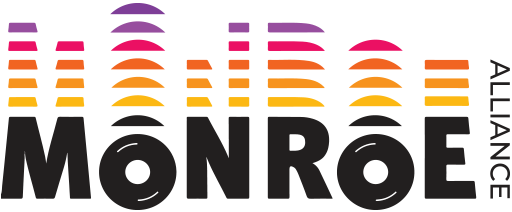Partner:
European rules concerning net neutrality state that a network operator should act as neutral, i.e. it should not block, throttle or discriminate traffic, except for security or emergency-handling reasons [1]. The objective of the project is to develop techniques and tools useful to study the neutrality of European MBB operators, to verify if the EU rules are followed, and to which extent.
In this project we designed and implemented a tool useful to assess neutrality of mobile broadband (MBB) operators. The tool is named NeutMon. NeutMon is able to identify violations of net neutrality in terms of throughput and/or path experienced by different applications. NeutMon architecture is client-server. We implemented a Speed test and a Traceroute Test. The Speed test measures the application-level throughput of the connection between the client and the server. The Traceroute test instead collects the IP path traversed by the application-level traffic. The classes of traffic considered for the Speed test are the following: BitTorrent traffic (BT), random traffic, and HTTP traffic (HT). Since random traffic is used as a baseline, hereafter we will use the term Control traffic (CT). The Speed test is executed in both uplink and downlink directions (with respect to the client), except for HT, which is executed only in the downlink direction. The traceroute test is implemented for just BT and CT, and it is executed in both uplink and downlink directions. In addition NeutMon includes a suite of tools to analyze the result of measurements. In the following we describe the set of tools implemented in NeutMon
[1] “BEREC Guidelines on the Implementation by National Regulators of European Net Neutrality Rules.” [Online]. Available: http://berec.europa.eu/eng/document_register/subject_matter/berec/regulatory_best_practic es/guidelines/6160-berec-guidelines-on-the-implementation-by-national-regulators-of-europea n-net-neutrality-rules. [Accessed: 14-Mar-2018].

